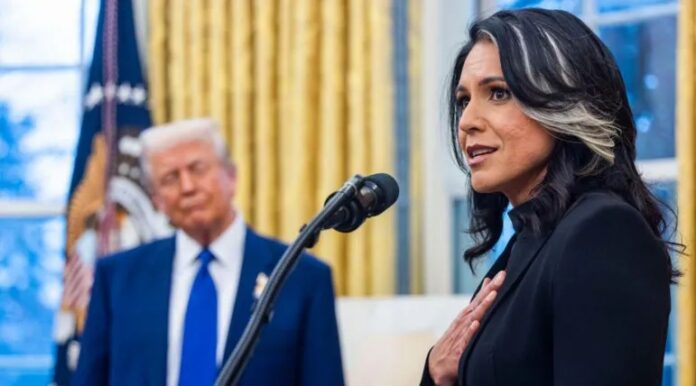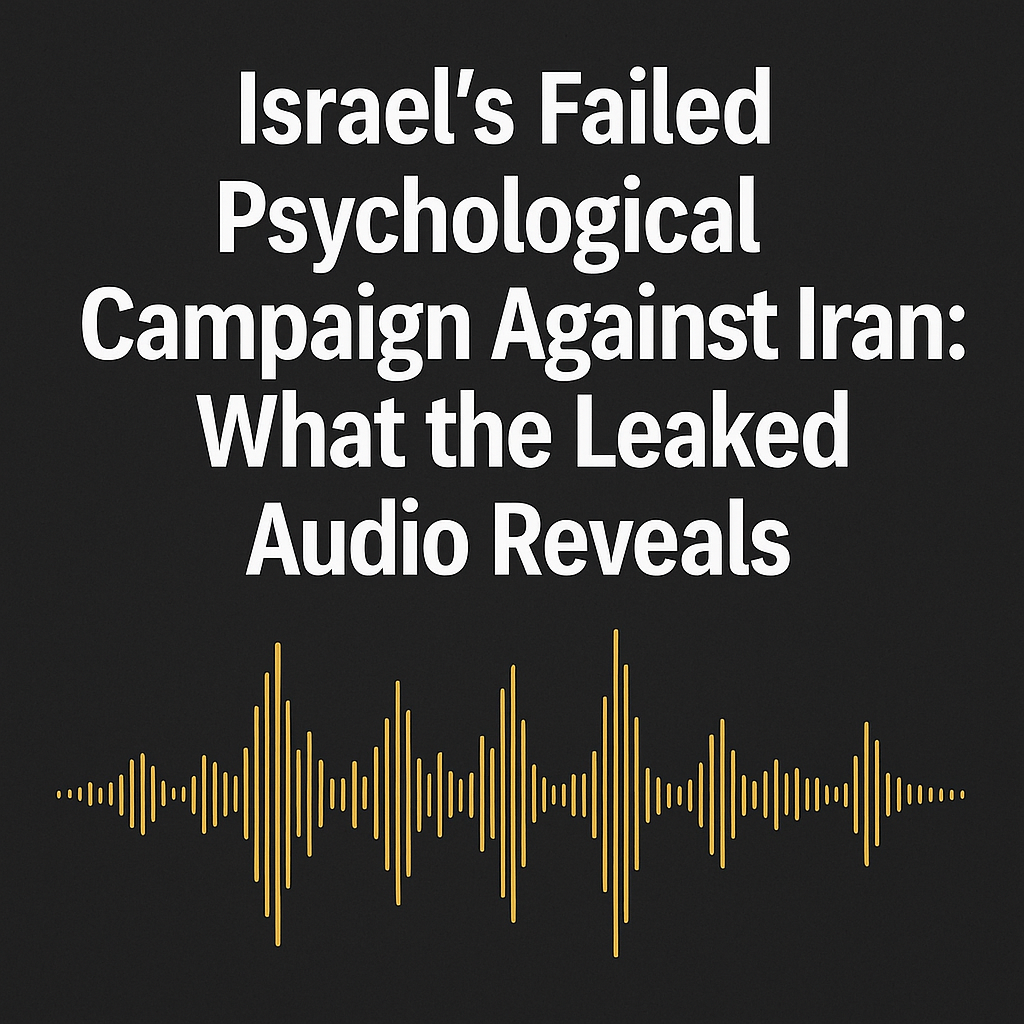Tulsi Gabbard has recently stated that Iran could be on the verge of producing nuclear weapons “within weeks”, a notable shift from her earlier testimony before Congress where she claimed the country was not actively working on such weapons. The US Director of National Intelligence has indicated that her statements from March—which suggested Iran possesses the materials necessary for nuclear weapons but isn’t developing them—were misrepresented by “dishonest media”. Gabbard’s revised stance seems to have been influenced by Donald Trump, who criticized her initial comments, asserting that intelligence reports indicate Iran has a “tremendous amount of material” for nuclear weapons and could potentially create one “within months”. Iran, for its part, has consistently maintained that its nuclear program is entirely peaceful and that it has not pursued the development of nuclear weapons.
On Thursday, Trump announced that he would give Tehran up to two weeks to negotiate a deal regarding its nuclear activities with Washington. He also indicated that a decision would soon be made about whether the US would participate in Israel’s attacks on Iran. Dissent has been growing within Trump’s “America First” movement concerning US involvement in the conflict. Iran’s Foreign Minister, Abbas Araghchi, stated on Saturday morning that Iran is “absolutely ready for a negotiated solution” regarding its nuclear program, but emphasized that negotiations cannot happen with the US while their people are under attack. In a social media post, Gabbard mentioned that US intelligence indicates Iran is “at the point that it can produce a nuclear weapon within weeks to months.” “President Trump has been clear that can’t happen, and I agree,” she added. Gabbard also shared a video of her testimony before Congress in March, where she pointed out that US intelligence agencies concluded Iran was not actively building nuclear weapons. Experts have also verified that Iran has not restarted its suspended nuclear weapons program from 2003. Gabbard noted in the video that the nation’s stockpile of enriched uranium—essential for nuclear weapons—was at a record high, which is “unprecedented for a state without nuclear weapons.” Earlier this month, the International Atomic Energy Agency (IAEA) voiced concerns regarding Iran’s enriched uranium stockpile, which can serve both as reactor fuel and for nuclear weapons. Gabbard’s testimony in March faced criticism from Trump, who previously remarked that he did not “care what she said.” The US president expressed his belief that Iran is “very close to having a weapon” and stated that the US would not permit that to occur. In 2015, Iran had reached a long-term agreement regarding its nuclear program with a coalition of world powers, following years of tensions over its alleged pursuit of nuclear armament. This year, Iran was in discussions with the US about its nuclear program and had planned additional talks prior to Israel launching strikes on June 13, with Israeli Prime Minister Benjamin Netanyahu claiming the strikes targeted “the heart” of Iran’s nuclear ambitions. Netanyahu asserted, “If not stopped, Iran could produce a nuclear weapon in a very short time.” Israeli air strikes have successfully destroyed Iranian military assets, killed senior military officials, and eliminated nuclear scientists. Iran’s health ministry reported on Saturday that at least 430 people had died, while the Human Rights Activists News Agency provided a higher unofficial death toll of 657 as of Friday. In response, Iran executed missile and drone strikes against Israel, resulting in 25 casualties, one of whom suffered a heart attack.










